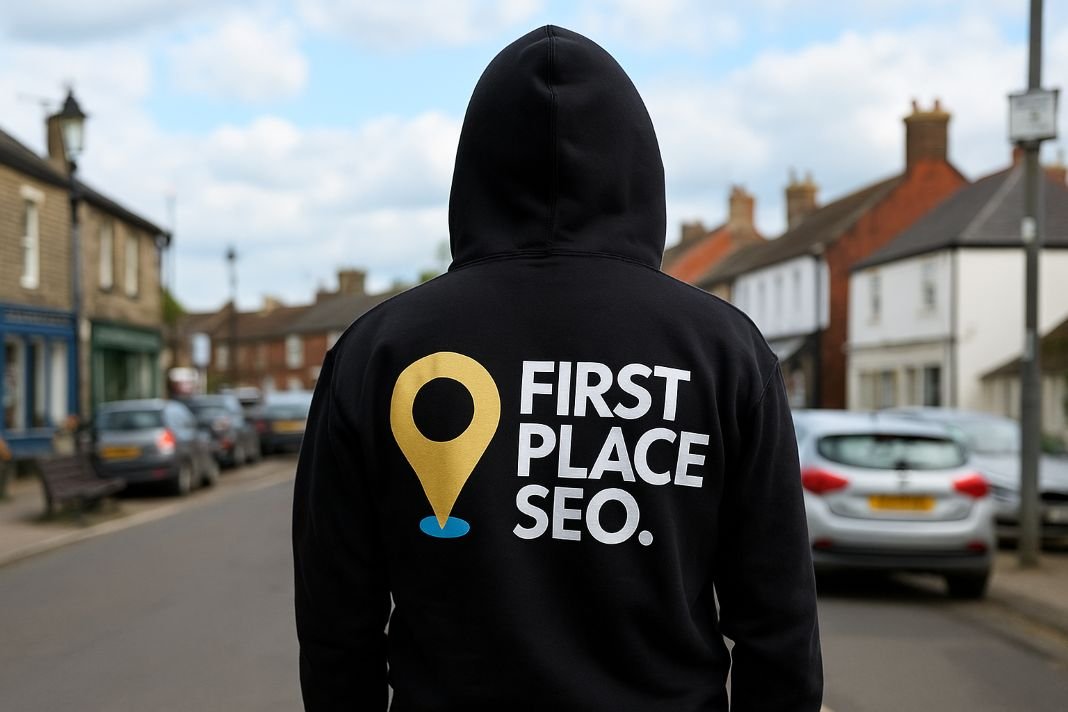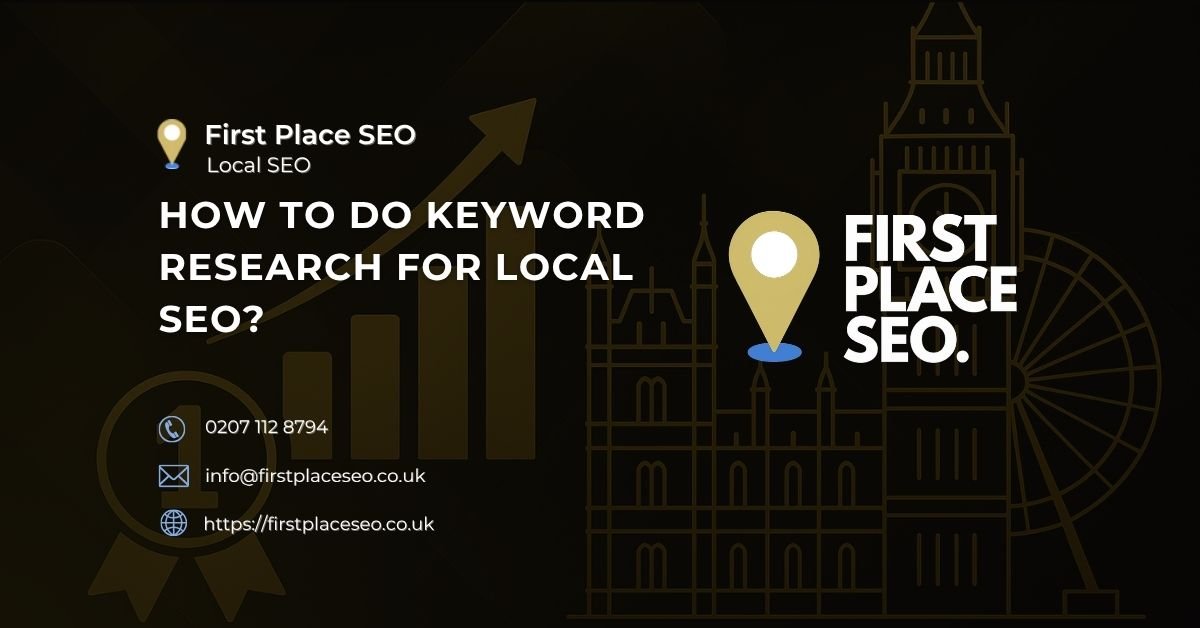Why is keyword research the foundation of local SEO success?
Keyword research is key for local SEO because it connects your business with people nearby who are actively searching for your services. By choosing location focused keywords, your chances of appearing for high intent searches increase significantly. Google considers proximity, relevance, and prominence when ranking businesses, so it’s essential that your services match local queries.
Phrases that highlight both what you do and where you operate make it easier for search engines to see your local relevance. Tools like Google Business Profile and Google Search Console, combined with location signals, enhance your visibility in the Map Pack and Local Pack. This helps build your local SEO footprint and regional authority. For many businesses, ranking in Google Maps can lead directly to foot traffic and customer enquiries.

Here's What We Have Covered In This Article
Define your service keywords and geo modifiers
Start with the services you actually provide. Google Business Profile categories are a great reference. For example, a dental clinic might use “cosmetic dentistry” or “emergency dental services”. Then, add geo modifiers like neighbourhood names, boroughs, landmarks, and postcodes.
This approach helps form phrases like “cosmetic dentist Hackney”, “urgent dental care E8”, or “braces specialist near London Fields”. Including natural local expressions, like “South Bank” instead of just “London” as this makes your keywords more relatable and supports hyperlocal ranking.
Mini Glossary of Local Shortcuts (London)
- The City: Financial district
- The West End: Theatre and shopping zone
- Shoreditch: Popular nightlife and tech hub
- The Heath: Hampstead Heath
Platforms like Moz Local and YellowPages confirm if your keyword phrasing matches local listings. This improves your proximity targeting and boosts your local keyword planner efforts.
Pro Tip : Don’t rely on search volume alone as many low volume keywords convert better, especially when tied to specific areas or services.
Real Local Results, Backed by Data
Discover how our approach helped UK businesses grow with map pack rankings and organic leads.
Use real intent driven search phrases
People often search using questions or casual phrasing. Think “where can I get a tyre repaired near me?” or “late night pizza Southwark”. Sites like Reddit, Google Q and A, and local review platforms are useful for spotting how locals actually phrase their queries.
These conversational, low competition searches often lead to better conversions. For instance:
“New in Leeds. Know a trustworthy plumber that won’t cost a fortune?”
That kind of post signals opportunities to use terms like “affordable plumber Leeds” or “reliable plumbing service LS1”. Using informal modifiers and everyday speech patterns helps match spoken queries and near me search intent.
Tap into Google’s free tools and insights
You don’t need to spend to get meaningful data. Keyword Planner lets you explore local search volume. Autocomplete offers live suggestions based on real user input. People Also Ask and Related Searches reveal how people frame questions.
Google Search Console shows which queries bring visitors to your pages. Use these to understand what’s working and adjust your content. Google Trends shows keyword interest across regions. These tools support autosuggest strategies, improve query grouping, and contribute to a more accurate geo specific SEO profile.
Use premium tools for deeper insights
Tools like Semrush, Ahrefs, Ubersuggest, and KWFinder give you a clearer view of what your competitors rank for. Filter results by region to focus on your area.
Review keyword difficulty and spot gaps your business can target. This local SERP analysis and keyword gap research highlights opportunities you might otherwise miss. You can also uncover content gap discovery opportunities that inform long term content planning.

Pro Tip: Revisit your Google Business Profile quarterly and update it with new keywords and services to keep it fresh and relevant.
Learn from real SERPs and result types
The format of search results reveals intent. A query like “mobile hairdresser Brixton” might trigger a Local Pack, whereas “best Thai restaurant in Islington” often shows directories and reviews.
Use incognito mode or LocalFalcon to simulate searches in your area. This shows how visibility shifts across neighbourhoods and helps align content with SERP expectations.
Group and prioritise your keywords
After collecting your keyword ideas, sort them by type of service, user intent, and local area. Long tail searches like “same day electrician Streatham” may bring less traffic but attract users ready to book.
Keyword Cupid, SurferSEO, and spreadsheets are handy for semantic grouping and funnel stage planning. You can also include keyword expansion and content clustering to support scalable content production and topic mapping.



